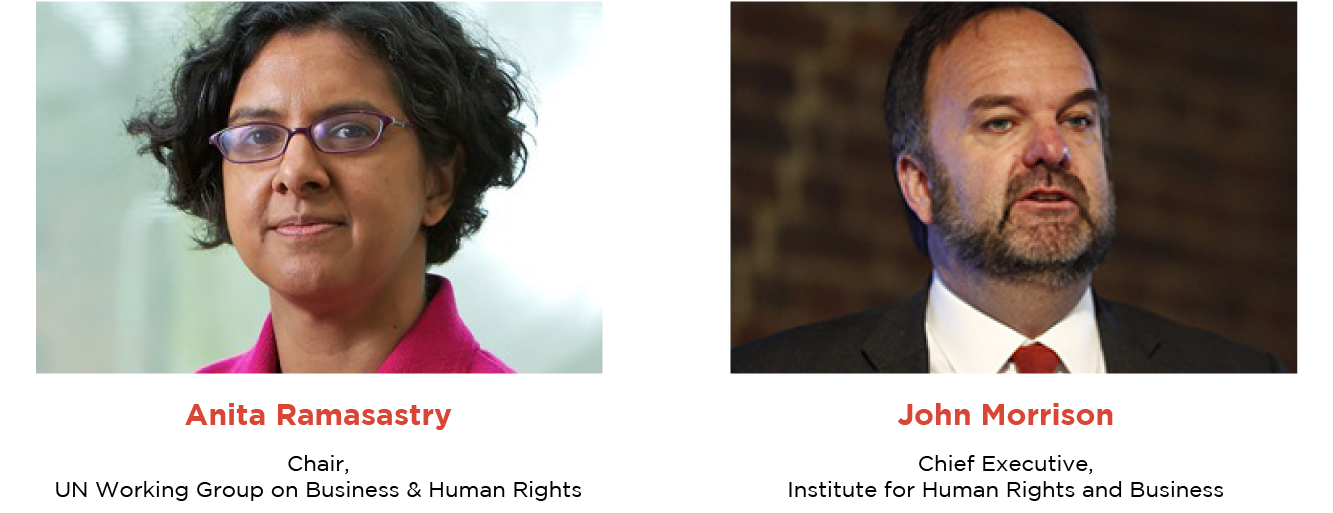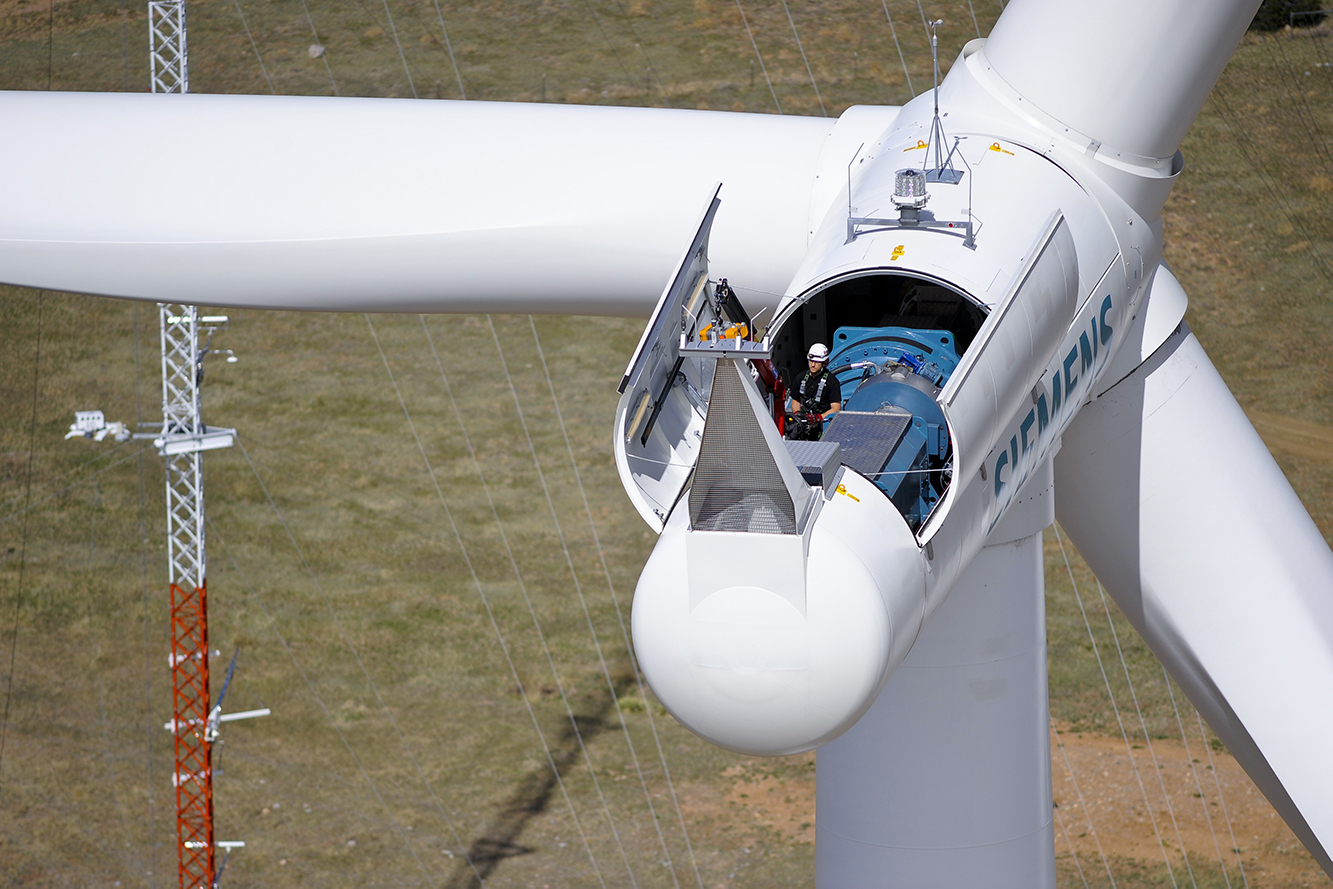10 December 2020 Live Broadcast
Join Mary Robinson, Rachel Kyte, Margot Wallstrom, Sharan Burrow and expert guests to discuss one of the biggest challenges of our time.
The world is committed to balancing its use of carbon and reaching "net zero" by 2050. By 2030, this requires reducing global emissions to 45% below 2010 levels. Central to these efforts are the transitions away from fossil fuel-based, carbon-intensive production and consumption towards the sustainable and green economies of a zero-carbon world.
These transitions will have a profound effect on many livelihoods and lifestyles. If societies are to accept this upheaval, they need to be fair, to be "just". That means the transitions need to respect the fundamental rights of all those potentially at risk - workers and communities, in particular the most vulnerable and marginalised.
This fundamental change will not happen organically. It requires political will, leadership, and clear policy and legal requirements, but perhaps the greatest challenge of all is paying for it. As we mark the 12-month countdown to the 2021 UN Climate Change conference (COP26), we must ask who will finance just transitions? How will the finance be leveraged? And if we are to scale beyond public sources, how will we ensure that such investments prevent adverse environmental and social impact while promising adequate financial return?
This Human Rights Day, 10th December 2020, IHRB will be joined by leaders from the worlds of politics, investment, trade unions, and civil society to help us understand some of the challenges ahead.
Thursday, 10th December 2020 | 75 minutes
Starting 10am ET | 3pm GMT | 11pm SGT
Register
Agenda
Opening Remarks
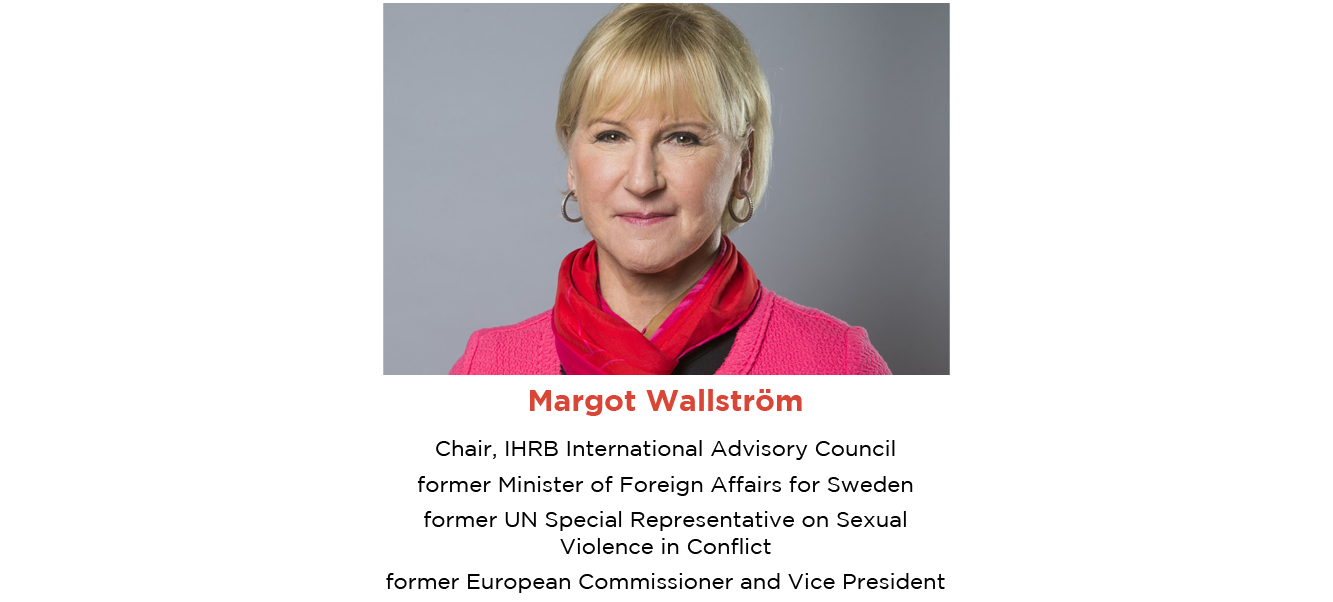 Fireside Chat
Fireside Chat
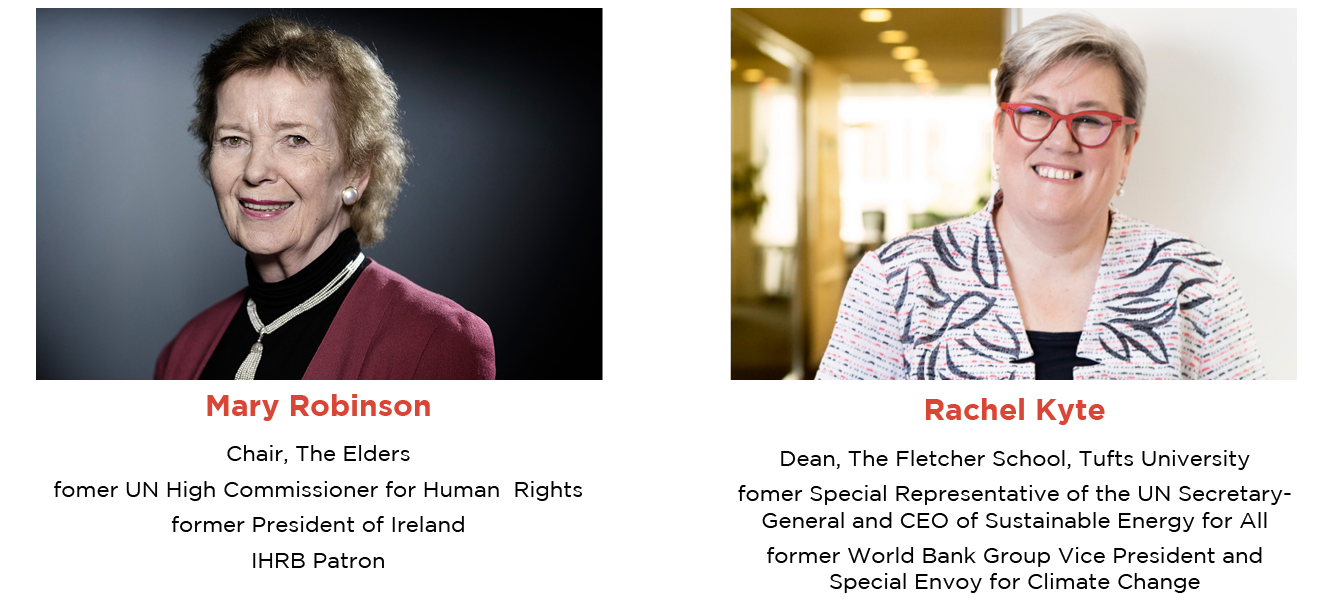
Panel Discussion
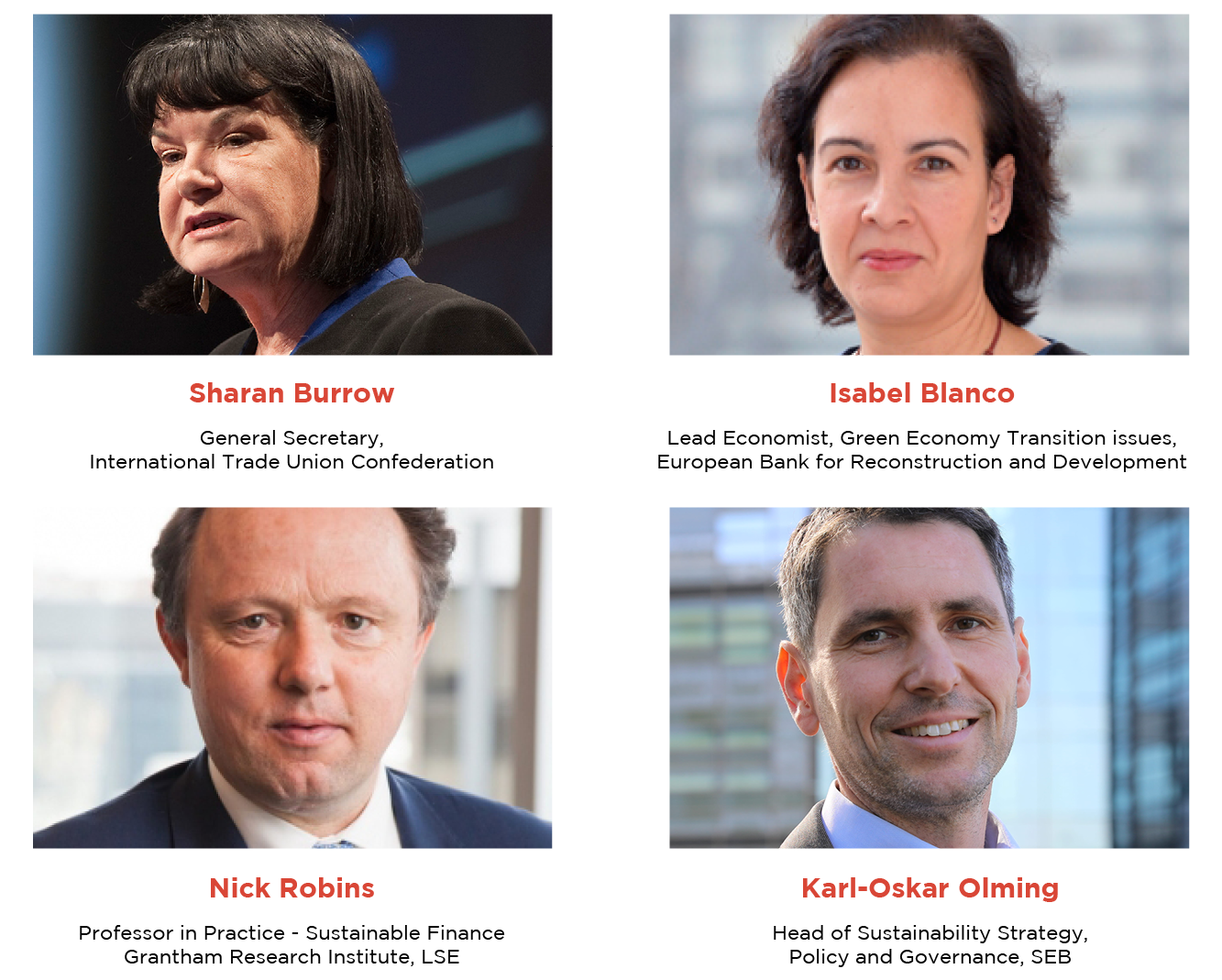
Closing Reflections & Moderation
